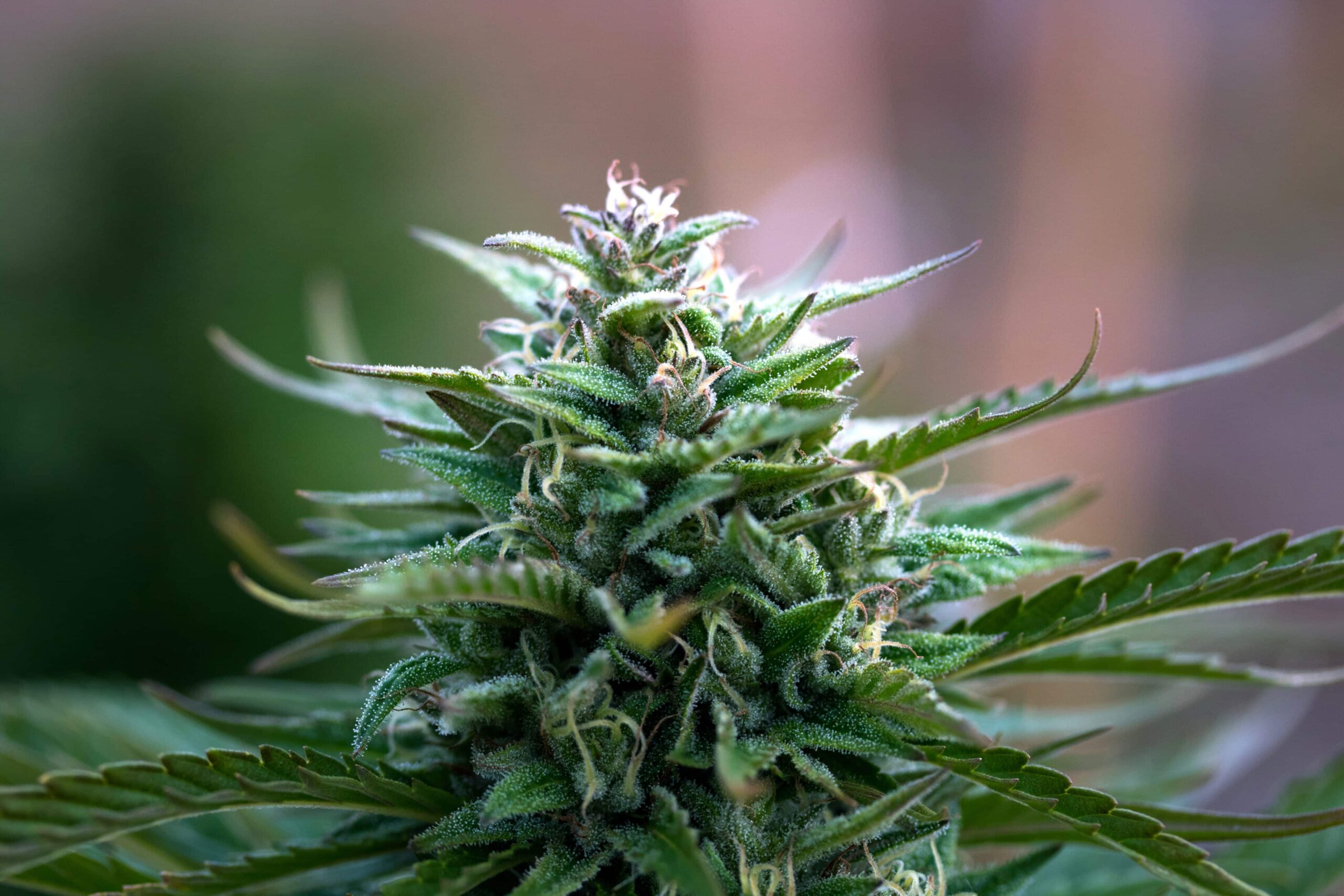
The Minnesota-based Native American tribe will begin selling recreational cannabis on August 1st
In Minnesota, the Red Lake Nation Council recently voted on July 11 to legalize adult-use cannabis starting August 1. After this date, the purchase of cannabis will be legal for both tribal and non-tribal members.
Legal recreational cannabis will be available for purchase across Minnesota beginning August 1, though retail pharmacies will be closed for 12 to 18 months. First, state officials must establish a regulatory basis for dispensary licensing.
According to the Minnesota Reformer, the Red Lake Nation already has a medicinal cannabis dispensary called NativeCare. Beginning August 1, NativeCare will begin selling recreational cannabis, uniquely positioning the tribe to capitalize on this and become the state’s premier recreational dispensary.
The only limitation is that the Red Lake Nation is in the northern region of the state. It’s about 30 minutes from Bemidji (south of Red Lake Nation), about three hours from Moorhead (on the western border) and Duluth (on the eastern border), and four hours from twin cities of Minneapolis and Saint Paul, the state’s two largest cities.
According to Red Lake Nation tribal secretary Sam Strong, selling legal cannabis offers many benefits to tribal members. “We look at this not only as a resource to reduce harm, but also to provide resources to help our people recover,” Strong said of cannabis’ ability to curb opioid addiction. Currently, the Red Lake Nation prohibits alcohol consumption on the reservation.
Strong also added that the tribe’s medicinal cannabis already meets government quality standards, including tests confirming it’s free from contaminants. More information will be made available to cannabis users before the end of July.
On May 30, Minnesota Gov. Tim Walz signed legislation making Minnesota the 23rd state to legalize recreational cannabis. “We’ve known for too long that banning cannabis use hasn’t worked. By legalizing adult-use cannabis, we are expanding our economy, creating jobs and regulating the industry to keep Minnesota residents safe,” said Walz at the bill signing ceremony. “Legalizing cannabis for adults and having cannabis convictions overturned or reconsidered will empower communities. This is the right move for Minnesota.”
However, he warned that state officials will need some time to get things going. “We’re going to put some people in a position to lead this,” Walz continued. “But I assure Minnesotans that it has been given a lot of thought. A lot of what we’ve learned in other states feeds into our approach, and the thoughtful implementation of this legislation gives us a really good guiding principle.”
In June, Minnesota Gov. Tim Walz announced that the state’s tribes could move forward with the upcoming sales date for cannabis legalization. “I toured the facility up in White Earth. “It’s a world-class operation,” Walz said of the White Earth Nation tribe. “They’ve thought about it carefully.” Under the state’s recreational cannabis statute, the governor can negotiate pacts with tribal states if they seek to profit from cannabis sales, but he “also recognizes the sovereign right of Minnesota’s tribal governments” to own theirs Regulate cannabis industries even without a pact.
Initial forecasts for the Minnesota cannabis industry indicate that it could generate more than $1.5 billion per year by 2029, with the state having more than 700,000 adult and medical cannabis patients. Part of the newly passed Recreational Cannabis Act allows for the sale of low-dose THC hemp-made beverages in liquor stores.
A handful of other Native American tribes in the US that have embraced medicinal and/or recreational cannabis. In December 2020, the Saint Regis Mohawk Tribe in New York entered into a partnership with MMJ BioPharma Cultivation with the intention of using 20 acres of land for cannabis cultivation. In July 2021, the South Dakota-based Flandreau Santee Sioux tribe became the first in the United States to legalize cannabis after the Justice Department released a cannabis memo back in 2014.

Post a comment: